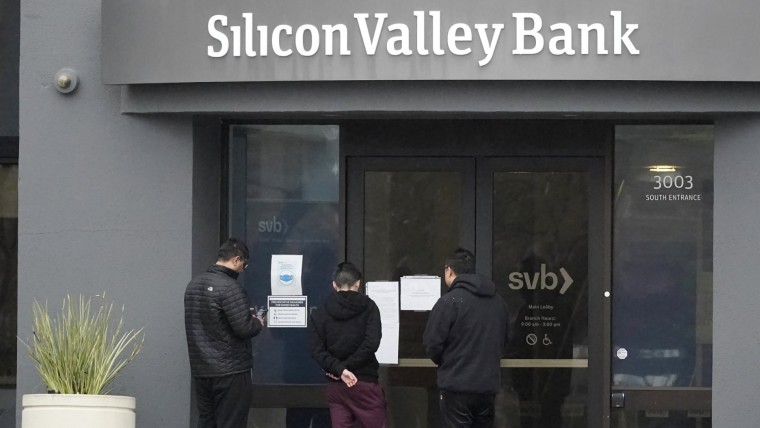WASHINGTON — U.S. households have been whittling down their savings and taking on increasing amounts of debt, putting many in a weaker position to weather an economic downturn that has grown all the more likely following recent turmoil in the banking industry.
Fears of a slowing economy were renewed this week when U.S. regulators took over Silicon Valley Bank, Swiss officials stepped in to shore up the finances of Credit Suisse, and a group of Wall Street firms threw a lifeline to First Republic Bank.
The events drew parallels to the 2008 financial crisis and are likely to cause banks to tighten up their lending, putting added pressure on already strained consumers, which could in turn cause them to pull back on spending and trigger layoffs at companies facing declining sales.
“What we’re seeing right now, in terms of the stress of the banking sector, will likely have amplifying effects on the deterioration of household finances,” said Gregory Daco, chief economist at EY-Parthenon. “We are likely to see an environment in which banks are more cautious with their lending, especially smaller regional banks, and that will further exacerbate the softening that we were already seeing.”
Goldman Sachs on Thursday increased its odds of a recession by 10 percentage points, to 35%. Other economists are even less optimistic the U.S. will be able to avoid an economic downturn, with those surveyed by Bloomberg putting the odds of a recession at 60%.
Over much of the past year, as inflation has hit its highest levels in decades, consumers have largely been able to keep increasing their spending. While retail sales declined slightly in February compared to January, there were still up 5.4% from a year earlier, the Commerce Department reported this week.
Bank of America credit and debit card data from February showed spending per household up 2.7% year-over-year, which “suggests to us that consumer spending remains resilient even as the rate of spending growth moderates,” according to a report last week from the Bank of America Institute.
But data indicates that wages haven’t kept up with inflation over that period. As a result, Americans have increasingly turned to their credit cards and savings accounts to keep up their spending habits.
“The average person’s finances were probably better a year or two ago than they are now just because they were more flush with cash and had less debt,” said Ted Rossman, a senior industry analyst at…
Click Here to Read the Full Original Article at NBC News Top Stories…

